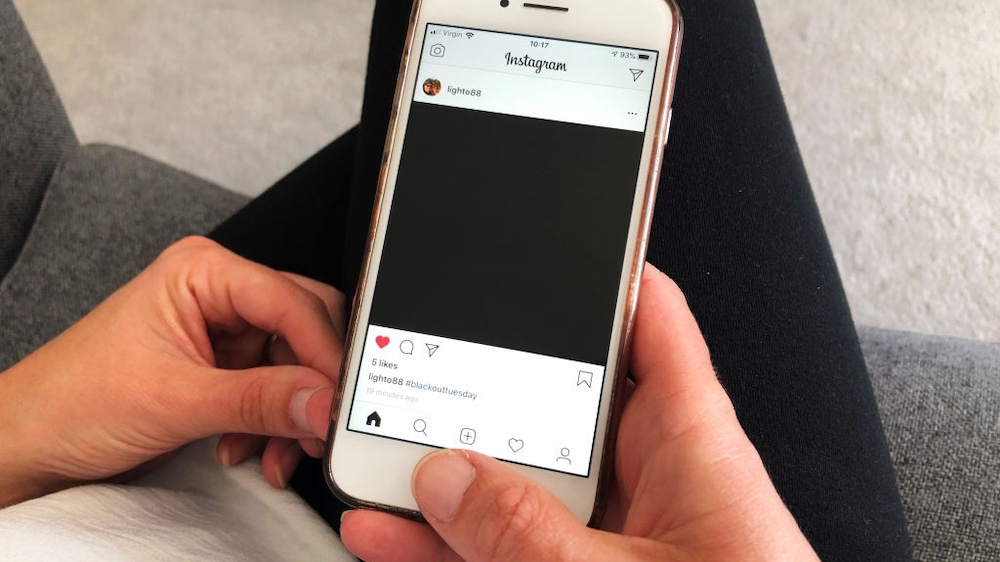If you’re interested in sharing your opinion on any cultural, political or personal topic, create an account here and check out our how-to post to learn more.
____
Recently, a tweet resonated with me. User @ashleysimpo tweeted, “Black people dying is not content.” The tweet made me think about the countless times the deaths and struggles of Black people have been used for content by companies that have little to no representation of Black people in their workforce. In recent months, there have been numerous companies showing their support to the Black community when it comes to racial injustice and police brutality. I ask myself, is it leadership or a marketing strategy?
It is well known, you can’t trust everything you read nor see these days, especially on the internet. Since the Black Lives Matter movement, founded in 2013 following the death of Trayvon Martin, in this past decade we have seen the term planted in the public consciousness with the rising number of Black people being the victims of police brutality and racial injustice. With social issues becoming the topic of conversation and the fear of “cancel culture” on social media, it seems numerous brands are involving themselves in the conversation. When it comes to social media marketing, brands need to engage in current conversations with consumers. Most of the time, it echoes the popular opinion to please the crowd, but consumers are starting to question how (un)ethical the support is.

On June 2, 2020, the world participated in #BlackOutTuesday, which was a hashtag on social media, specifically Instagram, to show solidarity with the unarmed victims of police brutality. People shared their black screens with the captions #BLM or #BlackLivesMatter. Now three months later, the same companies that promised to follow suit and hire for more diversity on their staff to show inclusion are nowhere to be found. For the majority of these brands, if you research their employee roster, Black employees are virtually non-existent. With high-level executive positions, studies have shown that less than 1% of all CEOs and board members of corporate companies in Canada are Black. So how authentic is the message if the track records don’t match?
I believe the reason black squares flooded our feeds in June was that it cost nothing and it required minimal effort. It was an exploitation of a social issue that made companies think they were combating anti-Blackness and white supremacy. In reality, many companies did not address the systemic racism in their own spaces and become more inclusive. Instead, due to social media pressure, they projected an image of solidarity to the cause with little tangible results.
Capitalism never fails to exploit movements like this. For example, in Hollywood we see it in the production of slave movies and other genres that highlight negative Black experiences that are made for Black people but not by Black people. These films win Oscars and other awards of high value, but when the same experiences expressed through film and TV become a reality for people, the non-black creators turn a blind eye and are nowhere to be found.
As a Black man working in digital media in the GTA in a predominantly white industry, I saw multiple production companies and creative agencies post a black square in support of racial injustice, yet, their staff does not reflect diversity. I have walked into these offices and saw little to no representation of Black, Indigenous and people of colour (BIPOC) and as a Black person in my field, it’s depressing and disheartening to feel like an unwanted guest. The nonprofit organization, HXOUSE, discovered that Black creatives make up 2% of artist representation in Canada, and out of the top eight artist talent agencies in Canada, six out of 245 artists are Black. That is completely unacceptable.
Although I’m proud of Canada’s diverse culture, specifically Greater Toronto, the diversity that is reflected in our population should be reflected not only in the creative industry but in all industries. “We can’t find them” is not a valid excuse when brands like POV 3rd Street, BIPOC TV & Film, Reelworld, Film in Colour, Remix Project, HXOUSE and, new to the game, BlackCreativesToronto are available.
For there to be true change in industries, it goes beyond a recycled black square on social media. It means hiring BIPOC people and putting them in positions of power so their voice is both shared and amplified in important decisions.
